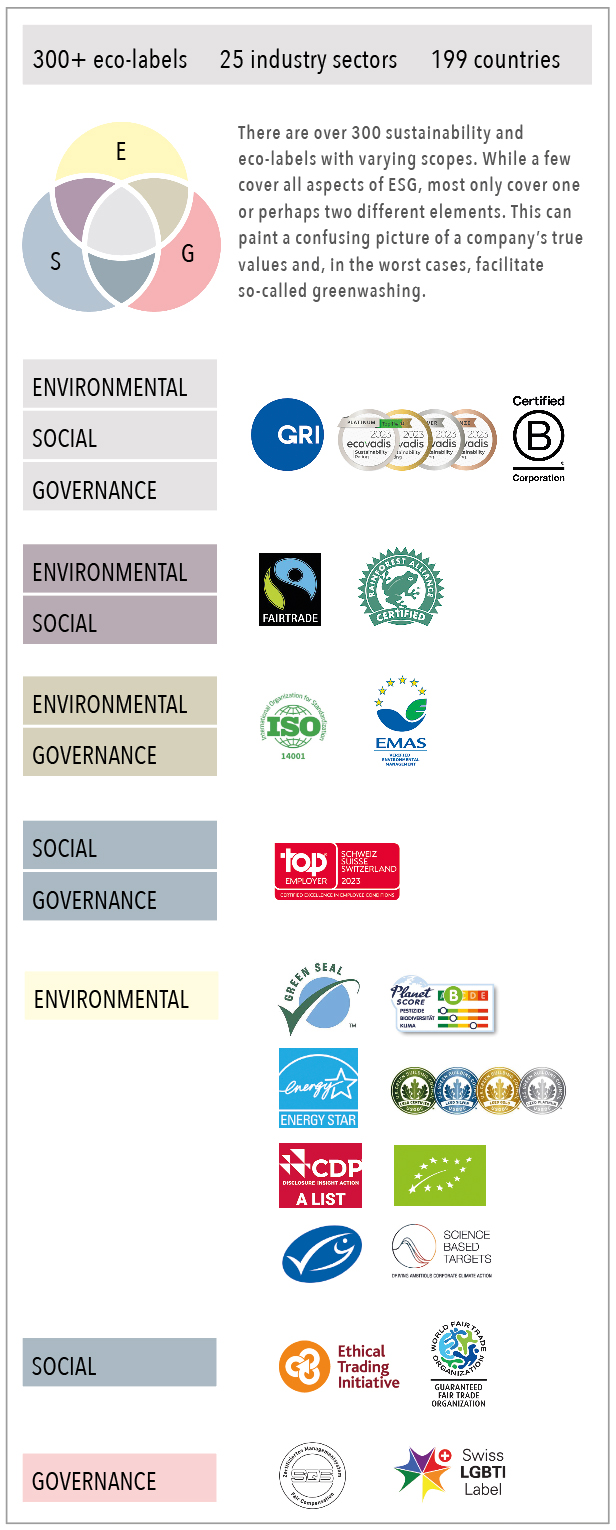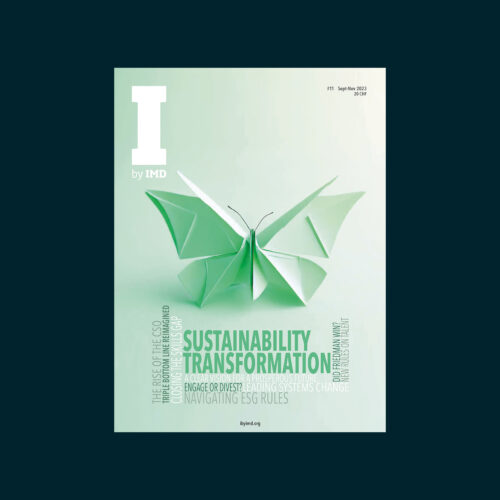Through a comparative law study conducted by Professor Giulia Neri-Castracane at the University of Geneva, and in partnership with experts including Professor Jean-Luc Chenaux, Professor Henry Peter, and Dr Michael Mosimann, B Lab Switzerland has gleaned crucial insights about Switzerland’s readiness for the pending changes in regulation across Europe. The study highlights that unlike some of its European counterparts – including France, Italy, and Spain – Switzerland lacks a concrete legislative framework to guide companies in their pursuit of ESG objectives. This finding underscores the pressing need for a holistic framework to support the fair adoption of corporate sustainability in Switzerland and sets the stage for further discourse on this pivotal issue.
Wherever such legislation has been instituted, the quantity of companies electing to qualify under this category significantly surpasses the number adhering to private labels. For instance, in Italy, following the introduction in 2015 of specific legislation inspired by similar laws in the US, more than 3,000 companies have been granted “Società Benefit” status – an official label for for-profit organizations that deliver more than one public benefit and operates responsibly and sustainably, according to definitions laid out in the legislation. This underscores the compelling influence of regulatory frameworks in encouraging and enabling companies to adopt sustainable practices.
There is a growing realization within the Swiss business community of the need for this kind of framework in Switzerland. The Alliance for Sustainable Enterprises – a
B Lab-coordinated Swiss consortium calling for new legislation – now counts more than 200 companies and leadership organizations among its ranks.
We hope that more businesses will partake in this transformative movement as we advocate for a competitive approach that synchronizes with the challenges of innovation and the legal recognition necessities of all Swiss enterprises.
Global regulatory best practices and learnings for Switzerland
The US, UK, Italy, France, and Spain have instituted legal frameworks that acknowledge businesses (“benefit corporations”) integrating social and environmental goals alongside their profit objectives. A parallel model is currently being proposed in Switzerland. B Lab and the Alliance for Sustainable Enterprises argue that it will deliver clarity to Swiss citizens, consumers, financial operators, and the nation at large. By doing so, it would further bolster Switzerland’s reputation as a hub for business and innovation. The primary characteristics and mandates of these existing frameworks include:
Directors’ empowerment
These jurisdictions empower directors of benefit corporations with greater security and flexibility, enabling them to balance a wide range of stakeholder interests without facing criticism or legal challenges.
Soft governance
Benefit corporations are encouraged to enshrine sustainability principles in their statutes, ensuring that these values persist, even through changes in company ownership.
Third-party assessments
Benefit corporations undergo third-party evaluations, offering a consistent and impartial assessment of their dedication to societal and environmental goals.
Mandatory reporting
Benefit corporations are required to produce annual reports. This mandate includes SMEs, which might not usually fall under standard non-financial reporting obligations.
Rapid adoption
The uptake of the benefit corporation model in these countries has surpassed that of private certifications, highlighting its practical appeal.
Building on this foundation, B Lab’s proposed legal framework for Switzerland aims to enhance and adapt the model with the following elements:
Shift in reporting
Reporting for benefit corporations will evolve from “public benefit reporting” to a more standardized non-financial format, aligning Swiss benefit legal framework reporting with European reporting standards.
Due diligence integration
Inspired by the EU’s CSRDDD, elements of due diligence will be incorporated, ensuring that Swiss benefit corporations not only report on sustainability but also take proactive measures.
Support for SMEs
A significant focus will be on offering technical and, potentially, financial support to SMEs transitioning to benefit corporation status. This support is designed to ensure that Swiss SMEs maintain competitiveness relative to their European peers.
Third-party assessment refinement
The criteria and design for the Swiss model’s third-party assessments are under active development, with contributions from experts and stakeholders. B Lab has identified nine primary focus areas for companies considering this new legal status and aiming for a holistic approach to sustainability: Purpose and governance, ethical and anti-corruption practices, human rights, climate management, environmental management, equal opportunities, fair wages, health and well-being, and community engagement.


 Audio available
Audio available






